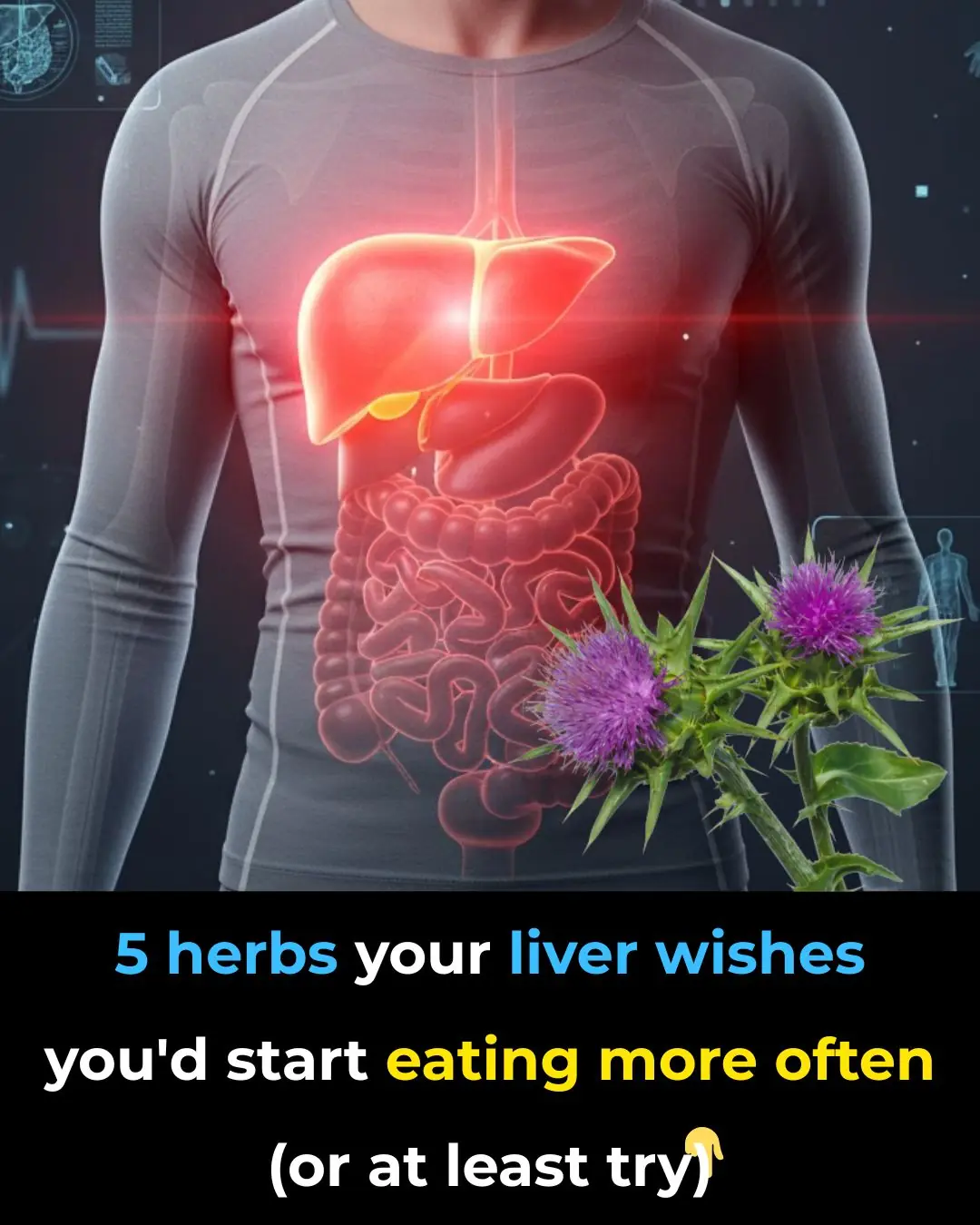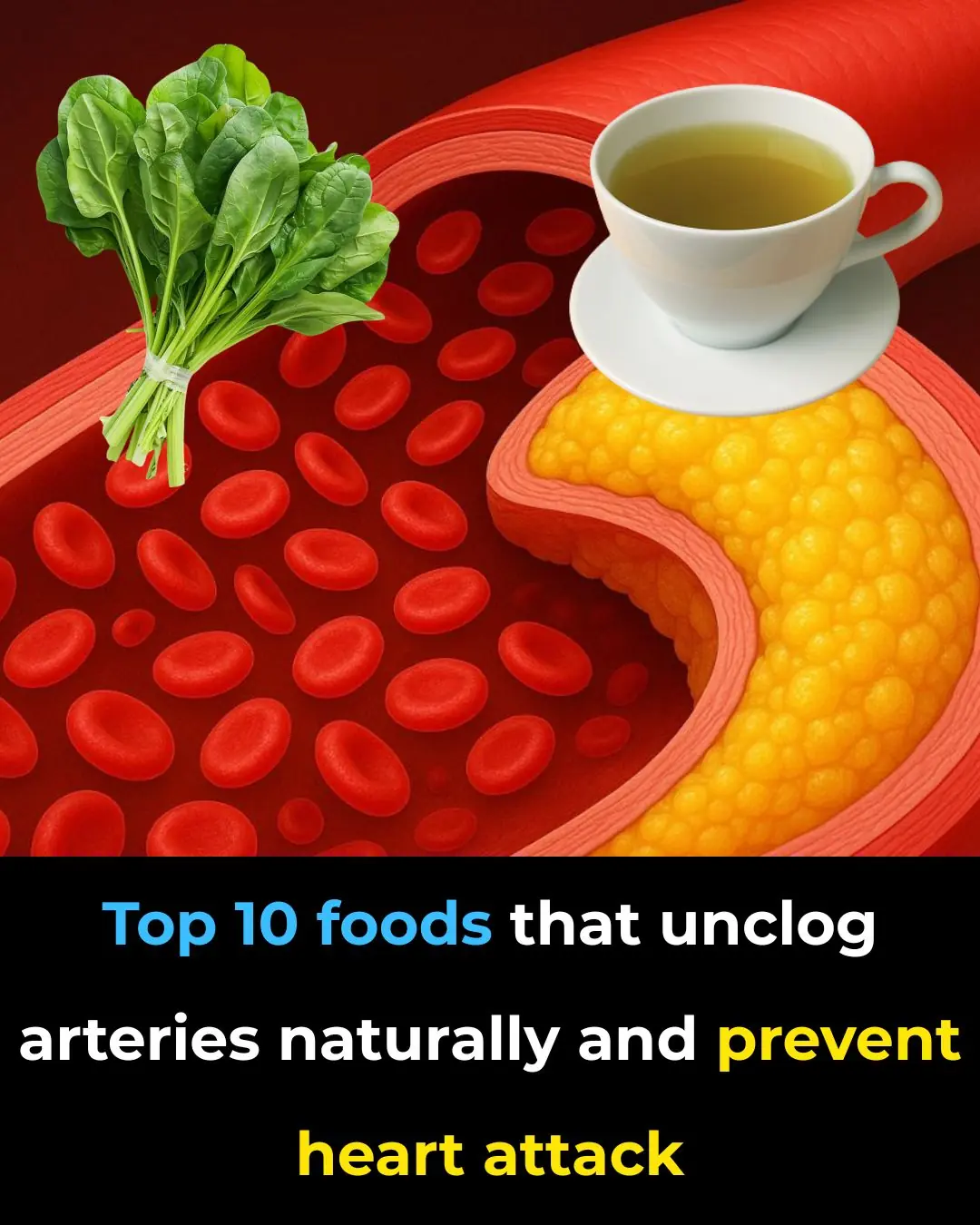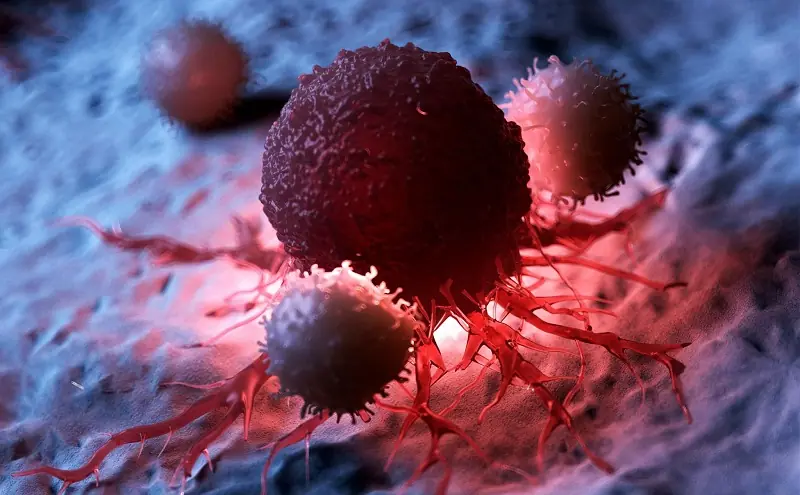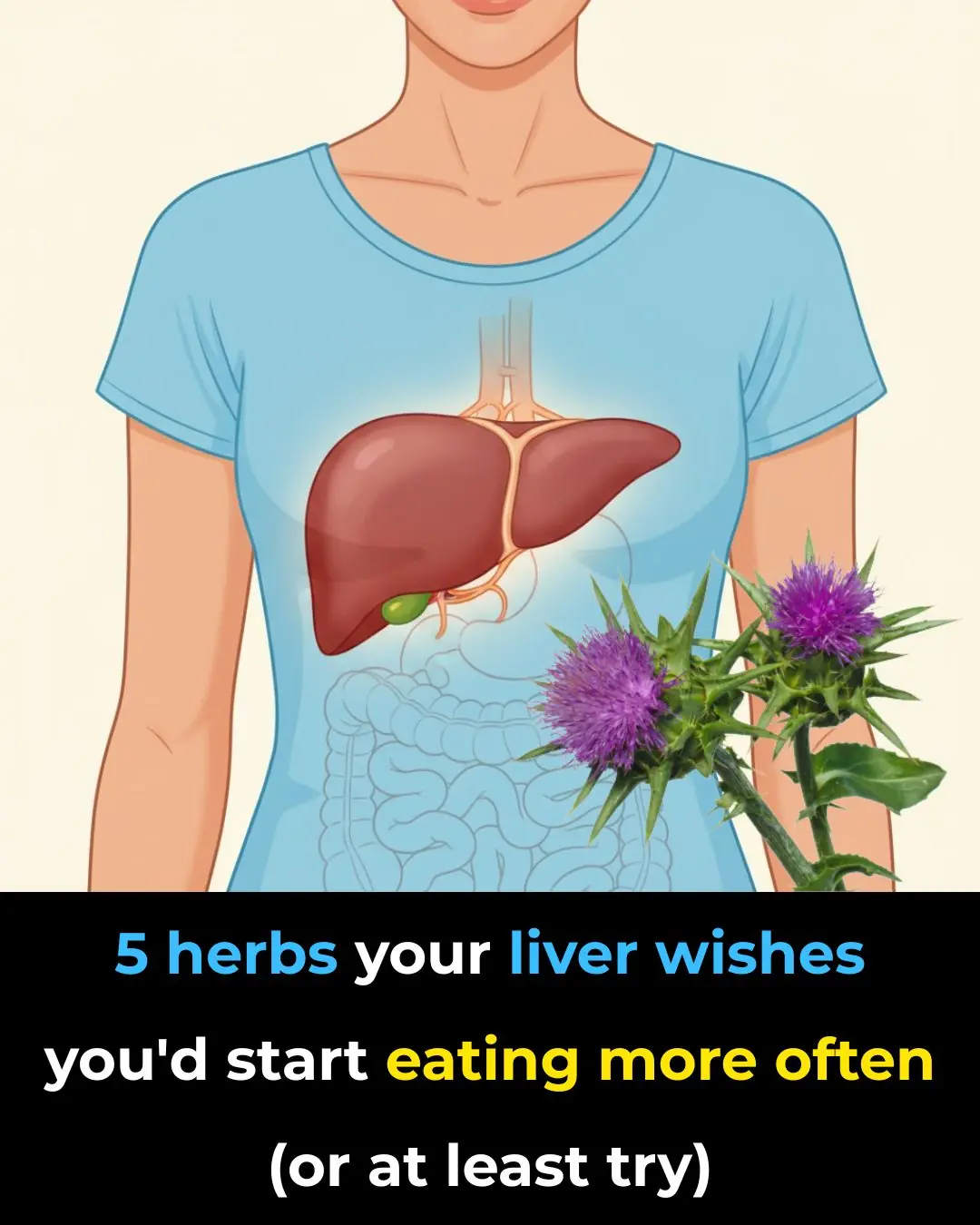
Top 10 Uric Acid Foods To Avoid If You Have Gout
Today we’re going to explore what happens inside your body when uric acid levels rise too high, and how you can lower them simply by avoiding certain foods and making smarter dietary choices.
Uric acid is a natural waste product created when your body breaks down compounds called purines. Purines are essential molecules that help build DNA and RNA, and they play a central role in cellular energy production. Your body makes some purines on its own, but you also absorb them through the foods you eat.
Under normal conditions, most uric acid dissolves in your bloodstream, travels to your kidneys, and is excreted in urine. A smaller amount leaves the body through stool. However, if you consistently eat foods high in purines—or if your kidneys struggle to filter uric acid properly—levels can build up, leading to hyperuricemia, or elevated uric acid in the blood.
What Counts as High Uric Acid?
For men, the upper normal limit is about 8.6 mg of uric acid per liter of blood, and for women, the limit is around 7.1 mg per liter. Any level above these is considered hyperuricemic, and symptoms may begin to appear.
At any given time, experts estimate that at least 20% of the U.S. population has hyperuricemia, even if many don’t know it.
What Does Hyperuricemia Do to the Body?
When uric acid levels remain high, sharp, needle-like crystals called urate crystals can form—even before symptoms appear. These crystals can settle in joints and soft tissues and trigger gout, a painful form of inflammatory arthritis.
During a gout flare, these crystals irritate white blood cells, essentially piercing them and activating an intense inflammatory reaction. This immune response creates swelling, redness, heat, and severe pain. Gout attacks often strike the lower extremities, especially the big toe or the ball of the foot.
Urate crystals can also form kidney stones, adding more complications if levels remain uncontrolled.
Why Elevated Uric Acid Matters
High uric acid isn’t just about painful flare-ups. Chronic hyperuricemia can silently damage the body over the years. It’s linked to:
-
Long-term inflammation
-
Permanent bone, joint, and tissue damage
-
Kidney disease
-
Heart disease
-
High blood pressure
-
Weight gain and metabolic disorders
-
Type 2 diabetes
-
Fatty liver disease
The encouraging news is that most people can reduce uric acid levels naturally through simple, consistent dietary changes.
Foods to Avoid or Reduce to Lower Uric Acid
The first step toward lowering uric acid is cutting back on purine-rich foods.
Not everyone with high uric acid develops gout, but everyone with gout has elevated uric acid levels.
Here are the top foods to avoid or limit:
10. Red Meat
Red meats contain more purines than white meats. Lamb is especially high. If you're trying to prevent gout flare-ups, limit beef or pork to no more than three servings per week.
If you do eat lamb, opt for chops instead of leg meat, which is denser and richer in purines.
9. Fish
Certain fish contain significant purine levels, including:
-
Herring
-
Tuna
-
Mackerel
-
Sardines
-
Anchovies
Salmon is a safer, lower-purine alternative and is generally well tolerated.
People with gout should keep fish intake to twice per week or less.
8. Wild Game
Avoid meats such as:
-
Rabbit
-
Venison
-
Quail
-
Pheasant
-
Goose
These animals have especially high purine content.
Instead, choose moderate portions of chicken or turkey and pair them with plenty of vegetables to support overall kidney function.
7. Scallops
Scallops should be eaten only occasionally if you have high uric acid.
Lower-purine seafood options include:
-
Lobster
-
Shrimp
-
Salmon
-
Crab
Ideally, keep total seafood intake to 6–8 ounces per day.
6. Organ Meats
Avoid:
-
Liver
-
Tongue
-
Brains
-
Kidneys
-
Sweetbreads
Organ meats contain extremely high levels of purines and can easily trigger gout attacks.
5. Beer
Beer is one of the worst beverages for people with hyperuricemia. It contains alcohol and brewer’s yeast, both of which raise uric acid levels.
Alcohol—including wine and spirits—forces the kidneys to excrete alcohol instead of uric acid, causing dehydration and increasing uric acid concentration in the blood.
Beer doesn’t always cause gout on its own, but if you already have gout, beer almost guarantees flare-ups.
Also avoid foods or supplements containing yeast or yeast extract, as these are also high in purines.
4. High-Fructose Corn Syrup (HFCS)
Drinks like sodas, sweetened fruit juices, and energy drinks often contain HFCS, which directly stimulates uric acid production.
Even freshly squeezed fruit juice can be high in fructose, so consume it in moderation.
Avoid packaged snacks, candy, sauces, and fast foods that contain added sugars or HFCS, as they worsen both hyperuricemia and metabolic health.
3. Certain Vegetables
Vegetables are healthy, but purine-rich vegetables may need to be limited if your levels are already high. These include:
-
Asparagus
-
Mushrooms
-
Peas
-
Spinach
-
Cauliflower
-
Legumes (dried fava beans, chickpeas, lentils)
Fortunately, research shows that purines from vegetables are far less likely to trigger gout compared to purines from meat or seafood.
2. Certain Fruits
Some fruits and fruit juices can worsen symptoms due to their high fructose and oxalate content. Eat the following in small amounts:
-
Peaches
-
Mangoes
-
Kiwi
-
Dried figs
-
Persimmons
-
Apricots
Better fruit choices include:
-
Cherries
-
Berries
-
Grapefruit
-
Oranges
-
Pineapple
-
Papaya
-
Apples
-
Bananas
Although tomatoes are low in purines, some studies suggest they may trigger flare-ups in sensitive individuals.
1. Whole and Refined Grains
Whole grains like oatmeal, wheat germ, and bran contain moderate purine levels.
While not as high as organ meats or certain fish, excess consumption can still elevate your risk.
Refined grains—such as white bread, pasta, and white rice—also raise uric acid levels because their high glycemic index encourages your body to produce more uric acid.
In addition, wheat products contain gluten, which can contribute to inflammation in some people.
Should You Avoid Dairy?
Many people mistakenly believe that dairy worsens gout. In reality, milk, cheese, and yogurt can help the body excrete uric acid more effectively. Low-fat dairy in particular is strongly associated with reduced gout risk.
Other Helpful Tips
-
Limit sugary desserts—not because they trigger gout directly, but because they promote weight gain, a major risk factor.
-
Stay hydrated to help your kidneys flush out uric acid.
-
Maintain a healthy weight and avoid rapid weight loss, which can spike uric acid temporarily.
To track your levels at home, you can use a blood uric acid meter, which helps you monitor your progress as you adjust your diet.
News in the same category


Scientists Achieve Breakthrough in Reversing Human Skin Cell Aging by 30 Years: A New Era for Anti-Aging and Regenerative Medicine

Eating Eggs Weekly May Reduce Alzheimer’s Risk by 47%: What New Research Reveals

The best way to lower blood sugar fast!

Signs of pancreatic cancer you should never ignore

Top 3 Foods to Prevent Leg Cramps in Seniors: Strengthen Your Legs Naturally!

5 Herbs Your Liver Wished You’d Start Eating More Often (Or At Least Try!)

Top 10 foods that unclog arteries naturally and prevent heart attack

The natural ingredient that helps you sleep through the night and boosts fat burning

Cancer Dies When You Start Eating These 8 Foods. Time To Start Eating Them

Your Feet Are A ‘Blood Sugar Meter’ – Beware Of Diabetes If You Frequently Experience These 12 Symptoms

What are the symptoms of diabetes?

Shoulder Pain from Sleeping: Causes, Solutions and More

6 Trigger Foods That Cause Agonizing Pain If You Have Neuropathy

Early Signs of Kidney Disease & How to Protect Your Kidneys

A Gentle Drink for Circulation, Balance, and Heart Wellness

5 Herbs Your Liver Wished You’d Start Eating More Often (Or At Least Try!)

This one vitamin could help stop you from waking up to pee every night

Scientists say this nutrient may hold the key to reversing heart disease
News Post

April in danger: Fans think unlikely character will rescue her after tense Emmerdale scenes

The Man in Dust and the Princess in Pink.

The Day Colin Farrell Chose Love Over Wildness.

The Man Who Began His Life in Chains and Ended It as an American Art Legend.

All-new Emmerdale spoilers for next week: Horrifying death twist for Bear and Robert plots to get rid of Kev for good

Unlock Energy Savings: How Proper Use of Your Refrigerator’s Temperature Control Button Can Cut Costs

Eggs in Pregnancy: How They Can Supercharge Your Baby’s Brain Development

Scientists Achieve Breakthrough in Reversing Human Skin Cell Aging by 30 Years: A New Era for Anti-Aging and Regenerative Medicine

Eating Eggs Weekly May Reduce Alzheimer’s Risk by 47%: What New Research Reveals

The Little Warrior and the Leather-Clad Angels.

The Miracle in the Storm.

A Blanket in the Cold.

Experts reveal 10 baby names parents should avoid in 2026 as popular names that are set to go extinct revealed

The Real Reasons Men Stay in Relationships With Women They Don’t Love

The best way to lower blood sugar fast!

Signs of pancreatic cancer you should never ignore

Ariana Grande’s ‘Wicked’ costar speaks out after Singapore attack on actress: ‘You’re a bad person’

‘Jada Bout to Set That Red Table’: Jada Pinkett Smith Fans Warn Rapper Yo-Yo Over Her Shocking Confession About Tupac

Not Tea or Coffee: The “Golden” Drink That Protects the Heart and Prevents Stroke in People Who Sit a Lot
